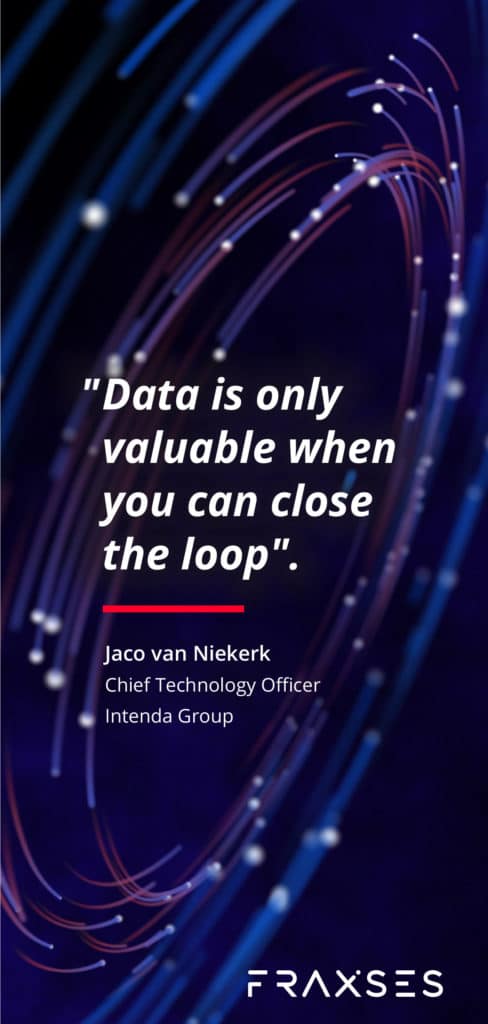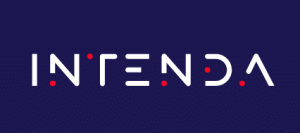COPYRIGHT © INTENDA 2023 | EMAIL info@intenda.tech
We are using cookies to give you the best experience on our site. To find out more see our Cookies Policy. By continuing to use our website without changing the settings, you are agreeing to our use of cookies.




